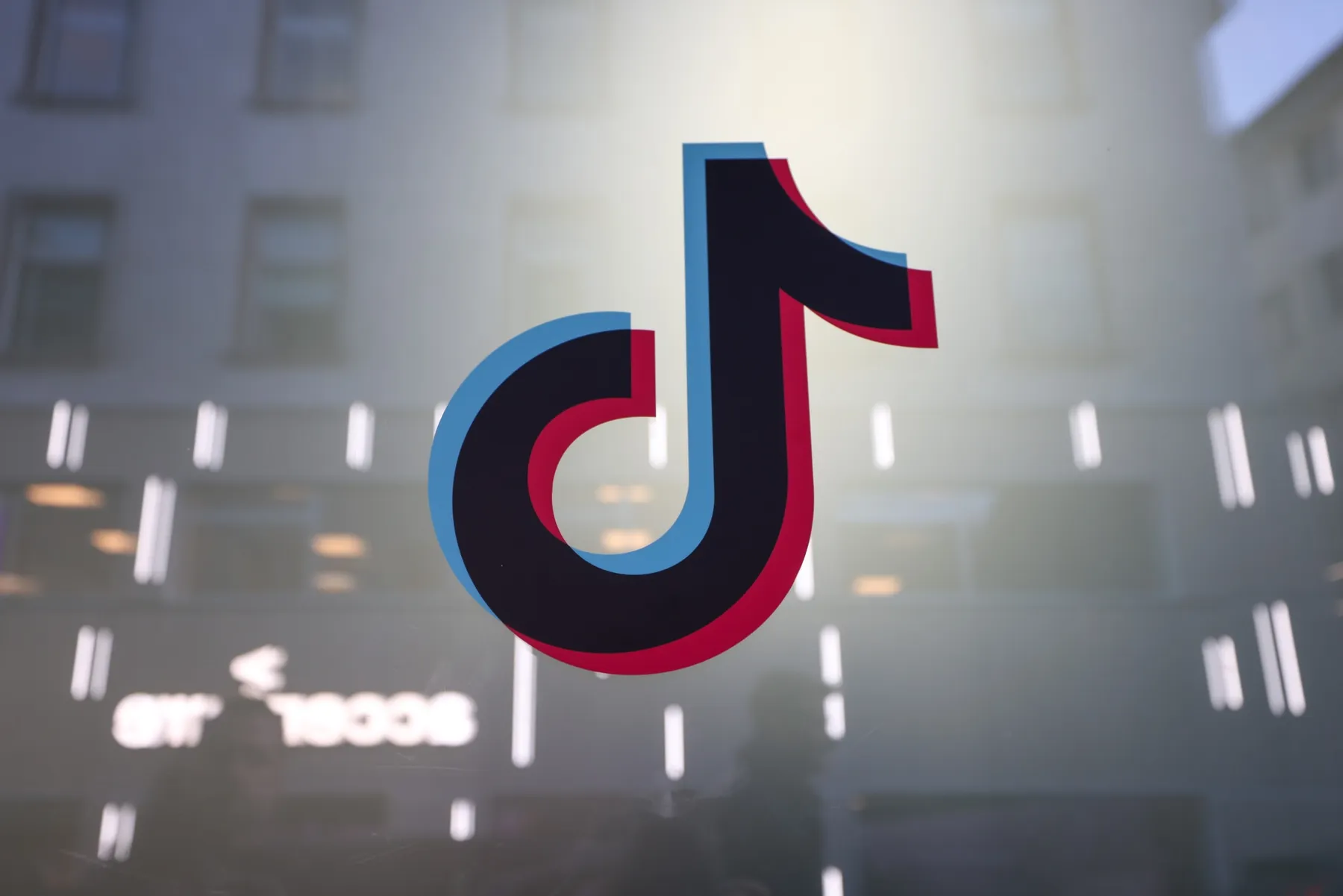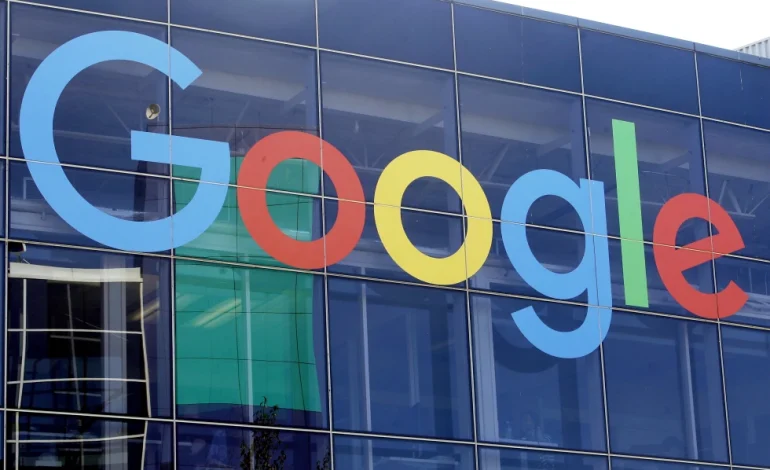Google has offered voluntary buyouts to additional employees across several major divisions as part of its ongoing cost-cutting measures, while navigating growing regulatory scrutiny and rapidly shifting priorities driven by artificial intelligence.
The company confirmed this latest round of voluntary exit offers, which were extended to teams within search, advertising, research, engineering, marketing, and communications, among others. While the exact number of employees impacted has not been disclosed, the move reflects Google’s continued efforts to streamline its workforce and realign resources.
“Earlier this year, some of our teams introduced a voluntary exit program with severance for US-based Googlers, and several more are now offering the program to support our important work ahead,” said Google spokesperson Courtenay Mencini.
This announcement comes as Google awaits a federal court decision that could have wide-ranging consequences for its business. US District Judge Amit Mehta is currently reviewing potential remedies after ruling last year that Google’s search engine operates as an illegal monopoly. Proposed actions include banning the company’s multibillion-dollar payments to secure default search engine status, mandating data-sharing with competitors, and possibly requiring the divestiture of its Chrome browser. A ruling is expected before Labor Day.
Meanwhile, Google is also facing a separate antitrust case concerning its digital advertising network, where federal regulators are seeking to dismantle parts of its technology stack over alleged anti-competitive behavior.
The company’s latest personnel move follows a broader trend among large tech firms to reassess workforce size and focus. Like other Silicon Valley giants, Google began trimming headcount in early 2023 after a period of rapid expansion during the pandemic. Last year, it laid off 12,000 employees and has since enacted smaller rounds of layoffs and buyouts, targeting different departments.
In January 2024, CEO Sundar Pichai signaled that additional job reductions were likely as the company prioritizes investment in artificial intelligence.
“The reality is that to create the capacity for this investment, we have to make tough choices,” Pichai said in a memo to staff at the time.
The rise of generative AI has been central to Google’s evolving strategy, especially as it works to transform its search engine into a more conversational, AI-powered tool. However, that transformation is unfolding as regulators around the world examine how dominant platforms adapt and expand their influence using advanced technologies.
In addition to the buyout offers, Google has asked remote employees living within 50 miles of an office to return to in-person work three days a week, aligning with its hybrid work policy.
With input from the Associated Press and PYMNTS.










The latest news in your social feeds
Subscribe to our social media platforms to stay tuned